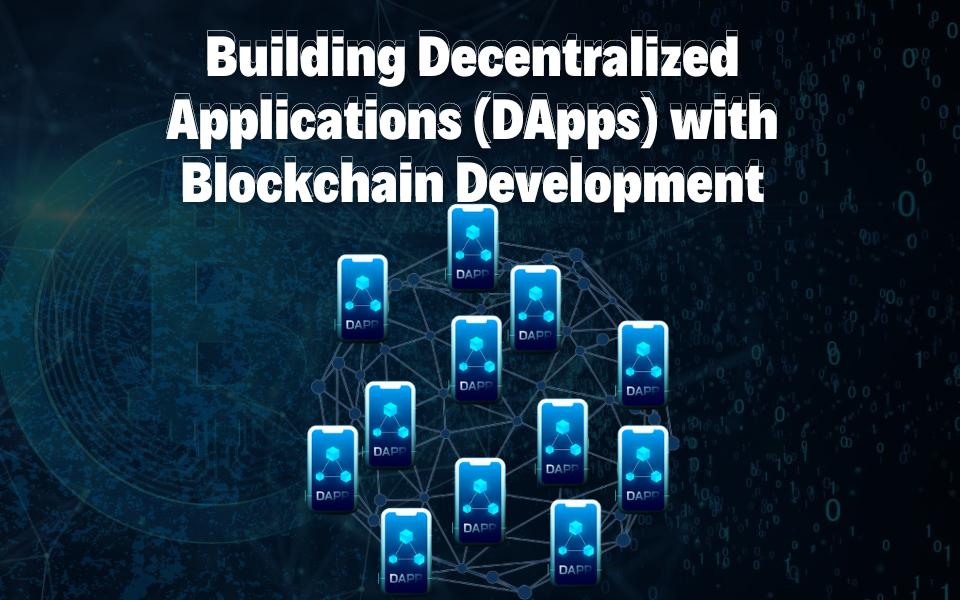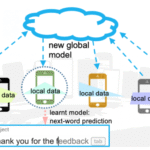Research has continually been a pillar of development by Cardano and Angular, but it’s often bottlenecked by one thing: funding. Traditional research grants can take months to process, are bound by bureaucracy, and sometimes overlook innovative but unconventional ideas card.
So what if the power to fund and prioritize research moved from institutions… to the crowd?
That’s the inspiration behind building a decentralized, blockchain-based research platform, using Cardano for transparency and Angular for an intuitive user interface.
The Problem with Centralized Research Funding (and How Cardano Helps)

Funding allocation in academic and private research is often limited by gatekeepers—agencies, committees, or corporate boards. Researchers sometimes spend more time applying for grants than actually conducting experiments.
In contrast, decentralized models can empower ordinary people to support causes they care about—climate change, rare disease research, tech innovation, or independent journalism.
With smart contracts and a simple frontend, we can connect researchers and funders directly, with full traceability and reduced red tape.
Why Cardano?
Cardano is a proof-of-stake blockchain known for its sustainability, scalability, and research-based development—making it fitting for this use case.
Key reasons we chose Cardano:
- Smart contract support (Plutus & Marlowe)
- Low gas fees, essential for micro-donations
- Active developer ecosystem
- Focus on formal verification—ideal for high-integrity environments like academia
We used Cardano’s native token system to handle project funding, reward distribution, and voting mechanisms.
Platform Structure Overview by cardano
The platform is divided into three core modules:
Project Discovery & Donation with Cardano
- Users can browse open research proposals
- Each project has milestones, goals, and required funding
- Users can donate using ADA (Cardano’s token), with funds locked in a smart contract
Researcher Dashboard
- Verified researchers can upload proposals, share progress reports, and set milestone checkpoints
- Once a milestone is completed and validated (through peer or public review), funds are released
Community Governance
- Users who donate earn voting rights
- They can upvote promising proposals or request updates
- Optional dispute resolution if a project fails to deliver
Frontend with Angular
The UI/UX needed to be simple, fast, and mobile-friendly—Angular fit that bill well.
Key frontend components:
- Dynamic Project Cards with funding progress bars
- Integrated Wallet Connect for Yoroi/Nami wallet support
- Real-time Notifications when milestones are met
- Voting Interface with secure OTP/email integration for off-chain authentication
We kept the interface deliberately minimal. Blockchain projects can be intimidating; our goal was to make funding research as easy as backing a Kickstarter campaign.
Smart Contract Logic
The smart contracts were written using Plutus, Cardano’s native Haskell-based language.
Key features include:
- Fund Locking: Funds are held until a milestone is confirmed
- Refund Triggers: If the researcher fails to meet goals on time, funds are automatically refunded
- Milestone Verification: Triggered by either peer review or proof-of-work uploads (data, videos, documents)
We tested the contract logic on Cardano’s testnet and used Plutus Playground for local simulations.
Use Cases That Inspired the Project
- Independent climate research teams needing small grants to deploy low-cost environmental sensors
- Medical researchers exploring rare diseases ignored by big pharma
- Citizen science projects like air quality mapping, where communities pool funds for grassroots research
- Student-led innovations at colleges who lack access to major institutions
This platform could open doors for these underrepresented researchers.
Roadmap & What’s Next
- KYC for Researchers: To ensure authenticity, we plan to integrate decentralized ID systems (like Atala PRISM)
- DAO for Community Governance: Eventually, users will decide platform features and policies
- NFT-Based Proof-of-Contribution: Backers get digital badges showing support for successful research
- Cross-Chain Support: Explore other networks like Polygon or Avalanche for flexibility
Final Thoughts
The idea of decentralizing research funding is more than a tech experiment—it’s about democratizing innovation.
By building this platform on Cardano with a solid Angular frontend, we can make the process transparent, efficient, and community-owned.
This isn’t just a tool for scientists—it’s a call to action for anyone who believes in science and wants a say in what gets funded next.
Read our more blogs-Creating a Real-Time Pollen Count Tracker with IoT and Flask



Pingback: Mycroft + Node.js for Smart Supply Dashboards